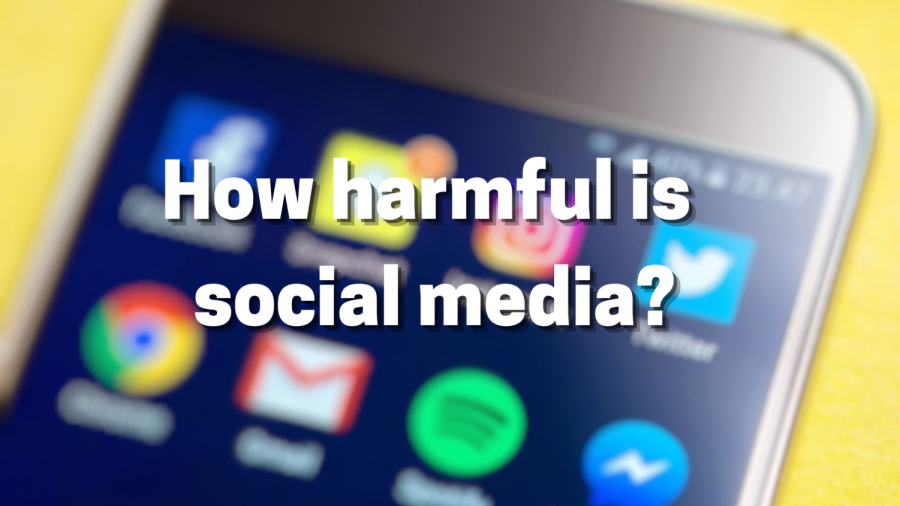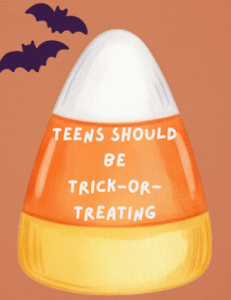OPINION – Social Media and its Effect on Society
Apr 25, 2022
Social media is fairly new, since Facebook’s initial release in 2004. Facebook became a place where users could interact with friends and family members on a daily basis, share photos of themselves, and repost delicious recipes. Facebook introduced an entirely different virtual world that would only be the starting point of social media apps. Soon, apps such as Instagram, Snapchat, and TikTok would be introduced with one goal: to interact with the people closest to you. Although, is that really the main focal point of social media?
The short answer – no. According to Columbia University, “social media is criticized for being addictive by design and for its role in the spread of misinformation.”
It is just as easy for misinformation to spread (if not easier) as it is for a funny meme to go viral. Whether the topic is a local election, COVID-19 vaccines, or a right-wing conspiracy theory, it is bound to be spread like a wildfire. A study performed by the Pew Research Service proved that “more than 86% of adults get their news from a smartphone.” Misinformation is spread so quickly due to social media platforms having no interest in disproving the information being shared. Some platforms, such as Instagram and Facebook, have introduced “fact-checking features” that will determine if the information shared is accurate or not, but these platforms do not make much effort to delete the misinformation.
By enabling misinformation to be spread, these companies are (to no surprise) profiting from these posts as they guarantee more engagement from users.
As mentioned previously, social media is designed to be addictive to users. Receiving notifications of likes, comments, and DMs sends a rush of dopamine, causing the user to feel pleasure. Social media becomes addicting when people depend on likes and comments to get a rush of dopamine, and it is disappointing when the user does not receive an overflowing amount of interactions as they expected. It is estimated that the average person usually spends “four hours” on their phone every day. Social media platforms thrive from their addicted users, because the more time a user spends on their app, the more opportunities there are for ad placement. This strategic ad placement generates more profit for these platforms, and they are collecting data from users every minute in order to create targeted ads.
Users’ mental health ties into social media as users get the “fear of missing out.” Constantly seeing friends and acquaintances go on vacations and to parties supposedly “living their best life” can cause a negative effect on one’s mental health as they can feel left out or excluded. This can lead to anxiety and depression.







